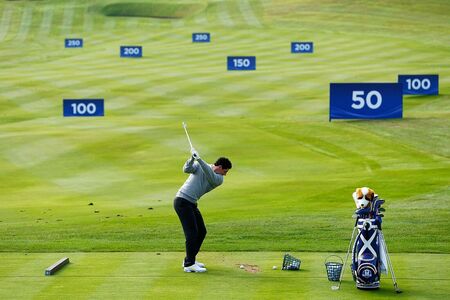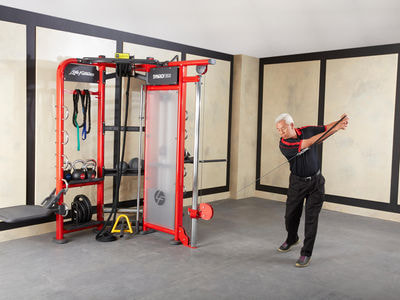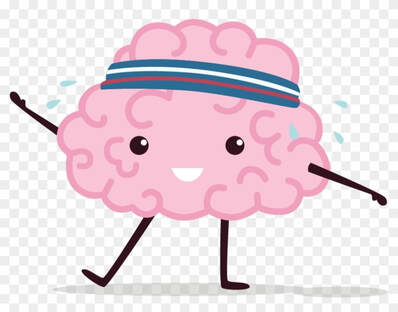|
With the weather getting better and the golf season nearly upon us I thought it would be a great time to write a blog on the benefits of why getting in the gym can improve your golf game! Have you ever noticed that you get fatigued towards the end of your round and the way your playing starts to go south? Maybe you have been rusty for the first hole or two but then you start to hit the ball okay when you have warmed up. Do you practise a lot and the golf game never gets any better or do you regularly have injuries that disrupt your golf game? Of course I am not under the illusion that getting in the gym and completing specific exercises will automatically lower your golf score and I don't think you are either, however it is something that can contribute to improvement and longevity! A larger driving distance / Technique improvements / Skill improvements The golf game is largely thought to be a technical game of skill, technique and patience however now there is certainly a view that strength and power are a fundamental part of someone's golf game! Improving your strength and power can mean you can create more force from your swing which would increase your club head speed which means a larger force applied to the ball for the ball to fly further. Also by being in the gym you can improve the way your body moves during certain tasks, for instance the golf swing, by having a better movement pattern this will help you to remain consistent when swinging and impacting the ball. By being in the gym you can also help with your motor control and hand and eye coordination which helps with those tricky chip shots around the green! In actual fact this has been studied. Back in 2012 it was found that an 18 week strength training program completed by low handicap golfers improved strength and power after the first 6 weeks and following skill specific training their golf performance also improved after the 12 week mark! Injury and illness risk reduction Golf is a rotational sport in which someone will swing to one side of the body up to 100 times throughout a round and practice by swinging to one side of the body. This can create imbalances from the working side and non-working side which can increase the injury risk to a golfer. Strength training helps to reduce these imbalances and therefore reduce injury risk. By completing strength training you are increasing the tolerance of your tissues which in theory means less likely to be injured as your muscles, tendons and ligaments can sustain more force. Away from the golf course strength training and exercise in general we know reduces your risk of developing, or plays a major role in the management of, chronic health conditions. More time at the doctors or not feeling well means less time on the course. So with all this in mind! Training in the gym is an important part of staying on the course and we all know absences from the course can wreak havoc on your golf game! Reduce fatigue on the last couple of holes! Golf can take quite some time, in some cases can take 5-6 hours, this is a long time! It is not uncommon to see the golfers at the end of their round fade out. What strength training does is to help with muscular endurance which means you are better prepared to last the whole 18 holes. More importantly, muscle endurance helps with consistency which means the last swing is as good as the first! Essentially strength fights fatigue and allows you to last the whole 18 holes easier. I know all this information but what next? Now that you know what you can gain from getting in the gym from a golf perspective and if I'm going to be honest just by engaging in some kind of resistance training you may find some great benefits. However there are specific aspects of human performance that you want to train and certain training types that you should use in order to get the best out of training and to see the biggest improvement in your golf game. All golfers, professional or your weekend warrior, should complete some flexibility, strength, balance and power training in order to achieve optimal benefits for your golf game. Specific aspects of human performance include lower limb strength and power in particular using one leg exercises and trunk rotational strength and power allowing for better strength and speed of the swing. Training should also incorporate lower limb and trunk rotation strength and power together to create optimal muscle synergy as during the game of golf everything works together to send the ball down the fairway and straight!!. A couple of general beginner exercises to get you started below! Conclusion
There you go! Backed by evidence is the use of resistance training in the gym to improve your strength and power and in turn your golf game. At the end of the day, the more time you can spend on the course the better in my opinion and the better you play the more fun you have! Izaac Boylan Accredited Exercise Physiologist
0 Comments
Your comment will be posted after it is approved.
Leave a Reply. |
AuthorSLisa Parkinson Archives
July 2024
Categories
All
|





 RSS Feed
RSS Feed